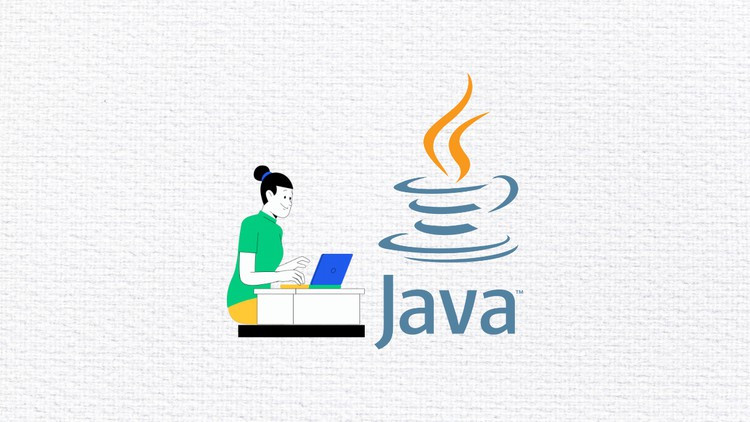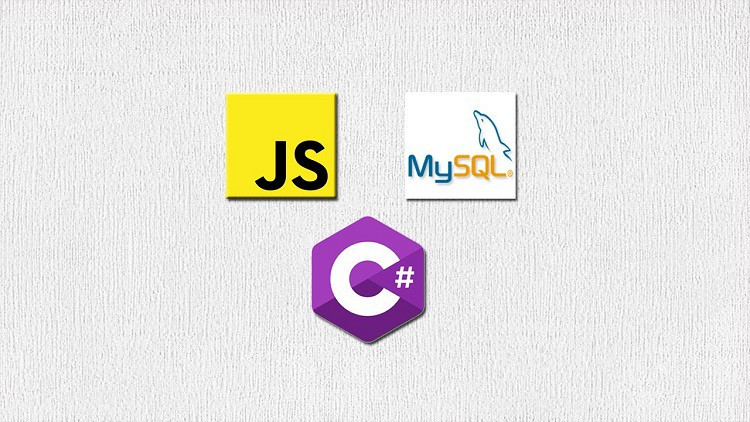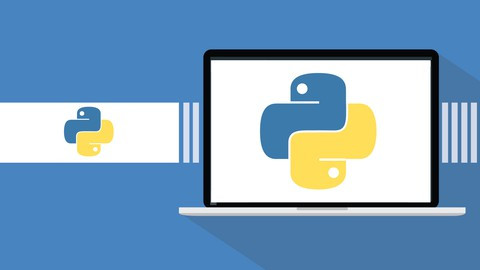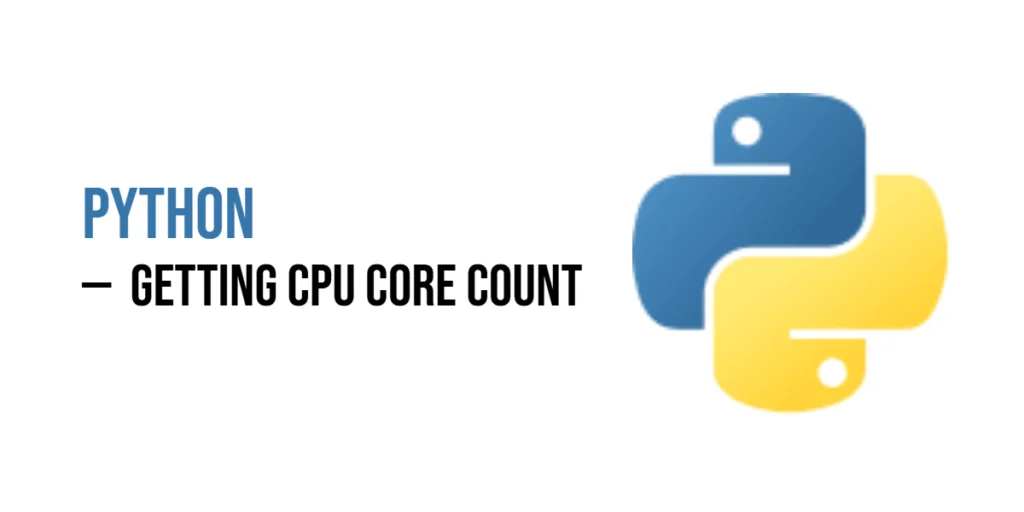Java, being a versatile and widely-used programming language, provides various mechanisms to convert data between different types. One common scenario developers encounter is converting strings to other primitive data types. In this article, we’ll explore the different techniques and methods for converting strings to integers, doubles, booleans, and more.

with hands-on learning.
get the skills and confidence to land your next move.
Converting Strings to Integers
Converting a string to an integer is a fundamental operation in Java. Fortunately, the language provides several ways to achieve this.
Using parseInt Method
The parseInt method in the Integer class is a straightforward and widely-used approach for converting strings to integers.
public class StringConversion {
public static void main(String[] args) {
String strNumber = "42";
int convertedNumber = Integer.parseInt(strNumber);
System.out.println(strNumber + 5); // "42" + 5 = 425 (String concatenation)
System.out.println(convertedNumber + 5); // 42 + 5 = 47 (Addition)
}
}Using valueOf Method
The valueOf method in the Integer class is another option for converting strings to integers.
public class StringConversion {
public static void main(String[] args) {
String strNumber = "42";
Integer convertedNumber = Integer.valueOf(strNumber);
System.out.println(strNumber + 5); // "42" + 5 = 425 (String concatenation)
System.out.println(convertedNumber + 5); // 42 + 5 = 47 (Addition)
}
}Both methods throw a NumberFormatException if the string does not represent a valid integer.
Converting Strings to Doubles
Converting strings to doubles is necessary when dealing with floating-point numbers.
Using parseDouble Method
The parseDouble method in the Double class can be used for converting strings to double values.
public class StringConversion {
public static void main(String[] args) {
String strNumber = "3.14";
double convertedNumber = Double.parseDouble(strNumber);
System.out.println(strNumber + 5); // "3.14" + 5 = 3.145 (String concatenation)
System.out.println(convertedNumber + 5); // 3.14 + 5 = 8.14 (Addition)
}
}This method also throws a NumberFormatException if the string cannot be parsed as a valid double.
Converting Strings to Booleans
When dealing with boolean values, converting strings to booleans becomes crucial.
Using parseBoolean Method
The parseBoolean method in the Boolean class converts strings to boolean values.
public class StringConversion {
public static void main(String[] args) {
String strBoolean = "true";
boolean convertedBoolean = Boolean.parseBoolean(strBoolean);
System.out.println("Converted Boolean: " + convertedBoolean);
}
}This method is case-insensitive, meaning it recognizes both “true” and “TRUE” as true.
Converting Strings to Characters
Converting strings to characters involves extracting the first character from the string.
Using charAt Method
The charAt method in the String class retrieves the character at a specified index. By accessing the first character (index 0), we can convert a string to a character.
public class StringConversion {
public static void main(String[] args) {
String str = "Hello";
char convertedChar = str.charAt(0);
System.out.println("Converted Character: " + convertedChar);
}
}This approach works well for single-character strings.
Converting Strings to Other Primitive Types
For other primitive data types like byte, short, long, and float, similar methods provided by their respective wrapper classes (Byte, Short, Long, Float) can be used. The process is analogous to the examples shown above.
public class StringConversion {
public static void main(String[] args) {
String strByte = "42";
byte byteValue = Byte.parseByte(strByte);
System.out.println("Converted Byte: " + byteValue);
String strShort = "1000";
short shortValue = Short.parseShort(strShort);
System.out.println("Converted Short: " + shortValue);
String strLong = "9876543210";
long longValue = Long.parseLong(strLong);
System.out.println("Converted Long: " + longValue);
String strFloat = "3.5";
float floatValue = Float.parseFloat(strFloat);
System.out.println("Converted Float: " + floatValue);
}
}Handling Exceptions
When performing string-to-primitive conversions, it’s essential to handle potential exceptions gracefully. The NumberFormatException can occur if the string is not a valid representation of the desired primitive type.
public class StringConversion {
public static void main(String[] args) {
String str = "NotANumber";
try {
int convertedNumber = Integer.parseInt(str);
System.out.println("Converted Integer: " + convertedNumber);
} catch (NumberFormatException e) {
System.out.println("Invalid Number Format: " + e.getMessage());
}
}
}By incorporating exception handling, your program can gracefully manage unexpected input.
Converting to Other Objects
Date Conversion
Java’s SimpleDateFormat class facilitates the conversion of strings to Date objects:
import java.text.ParseException;
import java.text.SimpleDateFormat;
import java.util.Date;
public class StringConversion {
public static void main(String[] args) {
String dateString = "2023-11-09";
SimpleDateFormat dateFormat = new SimpleDateFormat("yyyy-MM-dd");
try {
Date dateValue = dateFormat.parse(dateString);
System.out.println("Converted Date: " + dateValue);
} catch (ParseException e) {
System.out.println("Error converting to Date: " + e.getMessage());
}
}
}LocalDate and LocalTime Conversions
Java 8 introduced the LocalDate and LocalTime classes for handling date and time. You can convert strings to these types using their parse methods. Both methods throw a DateTimeParseException if the text cannot be parsed:
import java.time.LocalDate;
import java.time.LocalTime;
public class StringConversion {
public static void main(String[] args) {
String strDate = "2023-01-01";
LocalDate dateValue = LocalDate.parse(strDate);
System.out.println("Converted LocalDate: " + dateValue);
String strTime = "12:30";
LocalTime timeValue = LocalTime.parse(strTime);
System.out.println("Converted LocalTime: " + timeValue);
}
}Enum Conversion
Converting strings to enum values is straightforward using the valueOf method:
enum Day {
SUNDAY,
MONDAY,
TUESDAY,
WEDNESDAY,
THURSDAY,
FRIDAY,
SATURDAY
}
public class StringConversion {
public static void main(String[] args) {
String dayString = "MONDAY";
Day dayValue = Day.valueOf(dayString);
System.out.println("Converted Enum: " + dayValue);
System.out.println("Ordinal Value: " + dayValue.ordinal());
}
}BigDecimal Conversion
When dealing with arbitrary-precision decimal numbers, the BigDecimal class provides accurate conversions:
import java.math.BigDecimal;
public class StringConversion {
public static void main(String[] args) {
String strBigDecimal = "123.456";
try {
BigDecimal bigDecimalValue = new BigDecimal(strBigDecimal);
System.out.println("Converted BigDecimal: " + bigDecimalValue);
} catch(NumberFormatException exception) {
System.out.println(strBigDecimal + " could not be converted to a number.");
}
}
}BigInteger Conversion
For arbitrary-precision integers, use the BigInteger class:
import java.math.BigInteger;
public class StringConversion {
public static void main(String[] args) {
String strBigInteger = "12345678901234567890";
try {
BigInteger bigIntegerValue = new BigInteger(strBigInteger);
System.out.println("Converted BigInteger: " + bigIntegerValue);
} catch(NumberFormatException exception) {
System.out.println(strBigInteger + " could not be converted to a number.");
}
}
}Conclusion
Mastering string to data type conversions in Java is fundamental for handling user input, parsing data from external sources, and working with various APIs. By understanding the methods provided by Java’s standard libraries, you can ensure robust and error-free conversions in your applications. Practice these techniques in your projects, and you’ll become proficient in handling different data types with ease.
Related:
I hope you found this article informative and useful. If you would like to receive more content, please consider subscribing to our newsletter.







